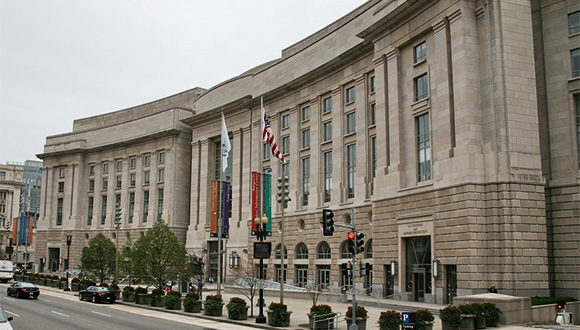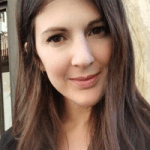CREAF participates in the global initiative GEO WEEK in Washington DC
The annual meeting of GEO (Group on Earth Observations) will take place between the 23 and 27 of October in Washington DC. There are two sessions organized by CREAF: one centering on citizen science, and the other on future prospects for EuroGEOSS.

Each year, the international organization GEO – an organization which has representation from the majority of the world's countries as well as private and public entities in the field of Earth Observation - holds a plenary conference to discuss activities in the field and hold debates on new challenges of global interest. At the same time, a GEO WEEK is organized where experts in this field share interests and expertise on technical and scientific topics during a whole week in the form of exhibitions in stands and sessions for discussion.
This year, CREAF members Joan Masó and Ivette Serral participated in two sessions. "We organized a session which was designed to open debate on the topic of the role of citizen science in Earth Observation. We ourselves work in the project Ground Truth 2.0, which analyzes European initiatives on citizen participation, and we want to share our results and current challenges with the other attendees," says Ivette. She adds, "there are still questions about the use of these data, because there are issues of data volume, quality parameters, and so on. This will be a chance to sit down and talk about and organize the response to such challenges within GEO."
CREAF also organized a second session which focused on research and innovation in geospatial data and its integrative treatment on the European level within GEO. "Some countries have regional groups within the GEO who are responsible for processing Earth Observation data and its management (AmeriGEOSS, AfriGEOSS, etc). Now, the European Commission wants to promote a similar initiative at European level, what is being called EuroGEOSS. We want to center this session on discussion of European necessities in terms of geospatial data and the most promising proposals in each case," says the researcher. She continues, "CREAF has two projects, ERA-Planet and ECOpotential which serve to generate improved understanding of planetary changes with advanced technologies and serving, among other uses, to build the new EuroGEOSS proposal."







